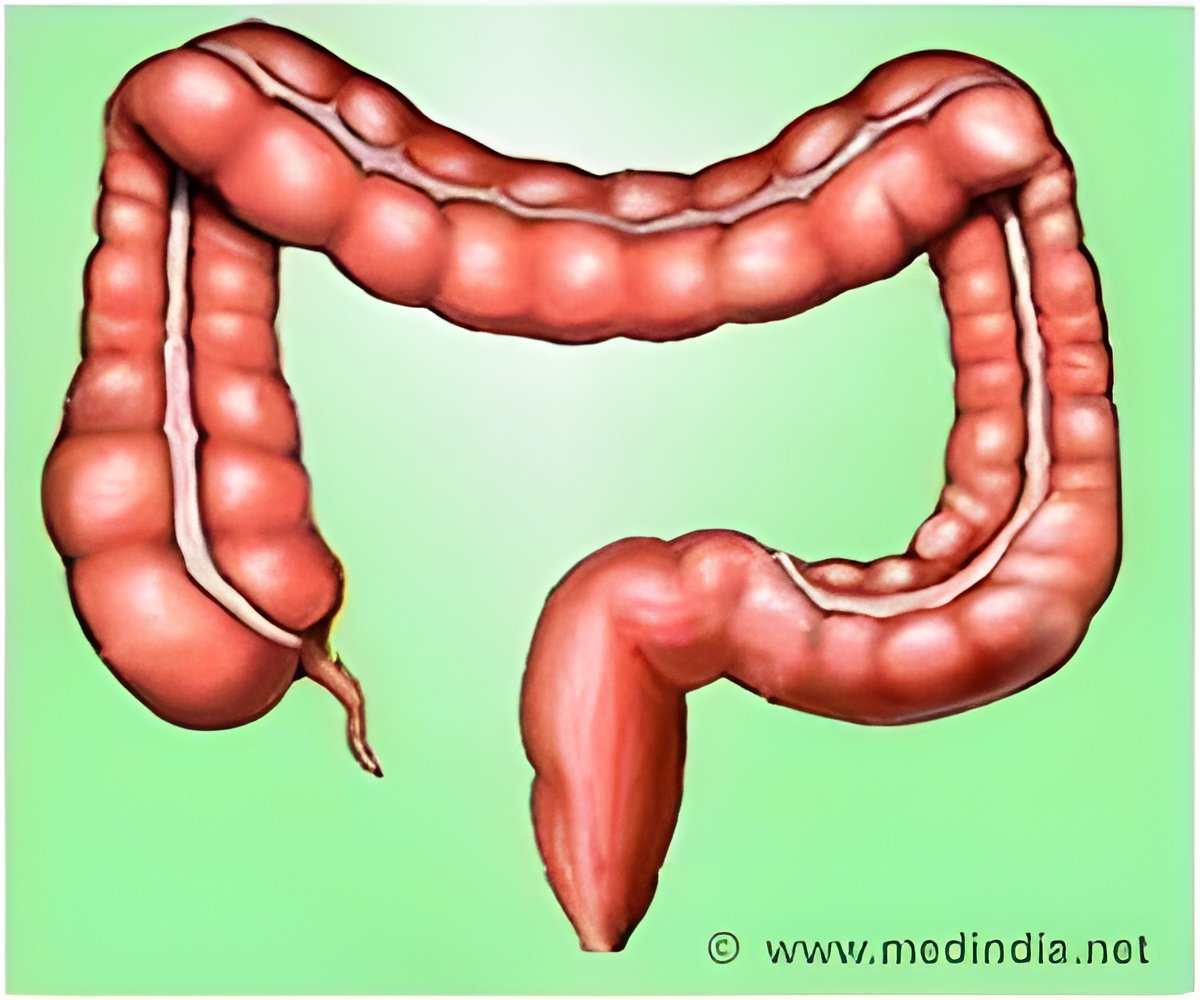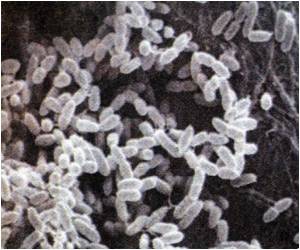Strain of the common gut pathogen Bacteroides fragilis causes colon inflammation and increases the activity of spermine oxidase (SMO) gene in the intestine, find researchers.

Strain of the common gut pathogen Bacteroides fragilis causes colon inflammation and increases the activity of spermine oxidase (SMO) gene in the intestine, find Johns Hopkins scientists. The effect is to expose the gut to hydrogen peroxide – the caustic, germ-fighting substance found in many medicine cabinets -- and cause DNA damage, contributing to the formation of colon tumors, say the scientists.
"Our data suggest that the SMO gene and its products may be one of the few good targets we have discovered for chemoprevention," says Robert Casero, Ph.D., professor of oncology at the Johns Hopkins Kimmel Cancer Center.
In a study, Casero and his colleagues introduced B. fragilis to two colon cell lines and measured SMO gene activity. In both cell lines, SMO gene activity increased two to four times higher than cells not exposed to the bacteria. The scientists also observed similar increases in enzymes produced by the SMO gene. The scientists successfully prevented DNA damage in these cells by blocking SMO enzyme activity with a compound called MDL 72527.
The Johns Hopkins team also tested their observations in a mouse model, created by Hopkins infectious disease specialist Cynthia Sears, M.D., to develop colon tumors. Mice exposed to the bacteria had similar increases in SMO. Mice treated with MDL 72527 had far fewer tumors and lower levels of colon inflammation than untreated mice. Results of the experiments were published online in the Proceedings of the National Academy of Sciences in August.
Casero says hydrogen peroxide can freely distribute through and into other cells. "It roams around, and can damage the DNA in cells," he says.
Advertisement
B. fragilis strains that secrete a toxin are widely known to cause diarrhea in children and adults, and previous studies, including those at Johns Hopkins, have linked the toxin-producing bacteria to inflammation and colon cancer. Casero and collaborators previously linked the SMO gene to inflammation and cancer of the prostate and stomach.
Advertisement
Source-Eurekalert















